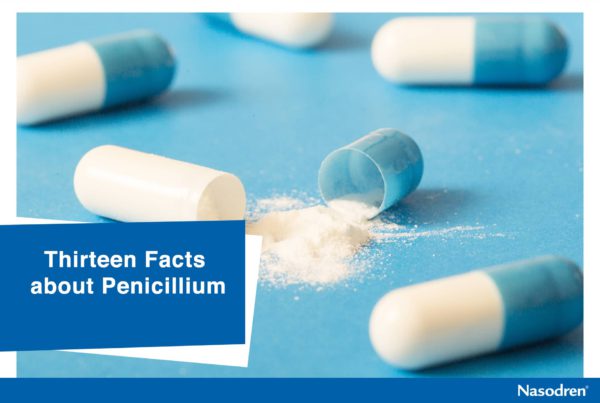Chronic sinus congestion and chronic dysbiosis
These chronic conditions are related. Chronic dysbiosis in the sinuses and small intestine may cause chronic sinus congestion. In many cases, antibiotics administered to chronic sinus congestion fail and lead to dysbiosis of the intestine.
What is dysbiosis?
Dysbiosis, a common disorder, means harmful growth of intestinal flora and the consequent imbalance. Dysbiosis affects metabolism and create disturbance in gastrointestinal (GI) tract. It also causes behavioral, neurologic and cognitive problems, asthma, allergies and autoimmune problems.
Forms of dysbiosis
In small intestine, dysbiosis involves fermentation i.e. indigestion of carbohydrates that produces alcohol, gases and sugars. In large intestine, dysbiosis is referred to as putrefactive which means indigestion of animal proteins and fats that produces alcohol, gases and sugars. Both fermentation and putrefactive forms of dysbiosis lead to metabolic toxicity.
Candidiasis, a type of dysbiosis, involves excessive growth of Candida albicans, a type of yeast. The yeast is generally found in the mucous membranes of the sinus cavity, urinary tract, vagina and gastrointestinal region. Small amount of Candia is not harmful. However, when Candida level grows beyond the normal healthy level it produces toxins that cause problems. Chronic candidiasis causes various ailments, including sinusitis, post nasal drip and skin problems.
Causes of dysbiosis
- Changes in acid-alkaline ratio (pH) in gastrointestinal (GI) tract
- Chronic stress
- Excessive consumption of alcohol, grains and sugar
- Additives used in food
- Overdose of antibiotics
- Use of birth control drugs
- Herbicides, pesticides, preservatives, solvents and other chemicals
- Exposure to heavy metal and radiation and chemotherapy
- Bacteria H. pylori that causes ulcer
- Use of pain relievers such as corticosteroids and antacids
Treatment
Treatment of dysbiosis depends on the form and symptoms. The treatment may include removal of toxins and allergens, replacement of acid, bile and enzymes, use of prebiotics and probiotics, mitigation of inflammation and strengthening immune system. A probiotic is a tablet or food containing beneficial bacteria that improves your health. Prebiotics, non-digestible food, encourages growth of harmless micro-organisms. Consult your doctor for the best therapy.







